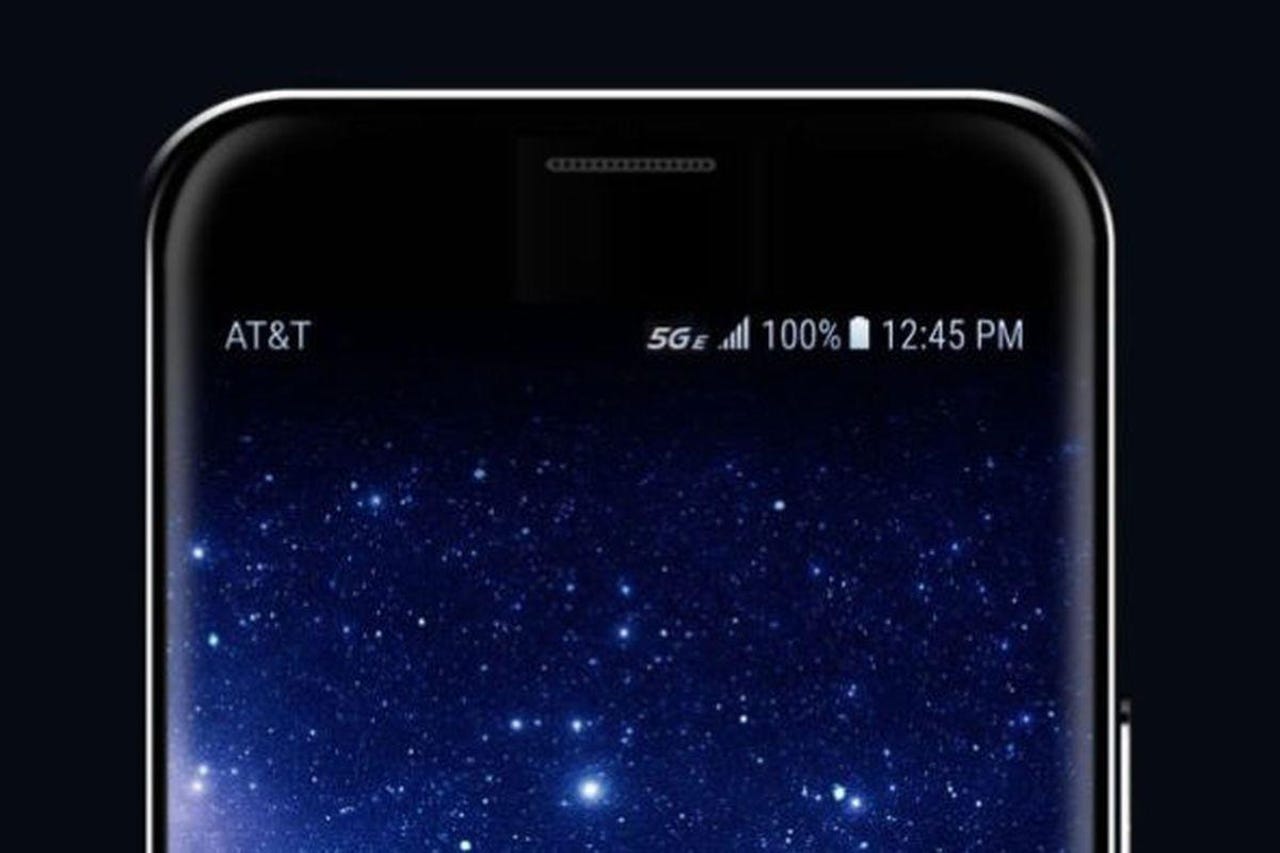"Smart base of the future" is first in military to use 5G


By mid-2020, Tyndall Air Force Base in the Florida panhandle will have a unique distinction: It will carry 5G service. It's a happy distinction for a base known more for catastrophe of late.
The base suffered significant structural damage in Hurricane Michael in 2018, when the Category 5 storm battered it with 160-MPH winds. In the wake of the devastation, the Air Force is rebuilding Tyndall as a model of a modern, connected base.
Helping in the effort is AT&T, which has been on a publicity blitz of late around the ongoing rollout of its 5G network. The base will feature networking capabilities powered by AT&T 5G to support augmented and virtual reality, IoT, and a broad array of innovative technologies that may soon become a fundamental part of military operations.
Initial services under the agreement with AT&T will include mobility, cloud access, unified communications, voice, broadband, Wi-Fi expansion, and an array of connected devices. AT&T's networking solution at Tyndall will support network compute and storage as well as network edge capabilities that can more quickly deliver data and applications to users.
"The Air Force and AT&T share a vision for the smart base of the future: one that uses modern, commercially available communications capabilities to help our military maintain its globally competitive edge in defending our freedoms," said Xavier Williams, President, AT&T Global Public Sector. "We're proud to work with the Air Force and help fulfill its vision for how technology can power improvements in mission delivery while helping it keep its technological advantage."
AT&T has been aggressive in its rollout of 5G. Two years ago the telecom brought 5G to 12 cities across the U.S., where customers were granted access to Netgear Nighthawk 5G hotspots. The company plans to have 5G access in 30 states via its hotspot rollout by the end of 2019.
Concurrent to its rollout of 5G hotspots, AT&T has gotten into some hot wire over rebranding certain 4G phones with a misleading 5GE label. Sprint sued AT&T over the move, and other carriers have charged AT&T with misleading consumers.
The Tyndall rollout makes a nice publicity counterpart, and the base should benefit from enhanced networking speeds thanks AT&T's 5G network.